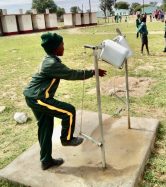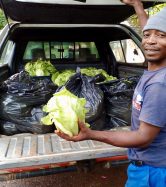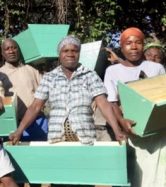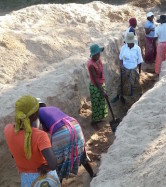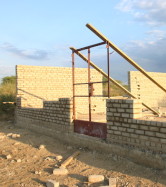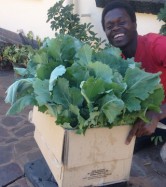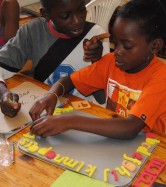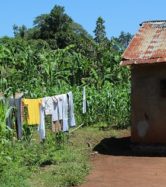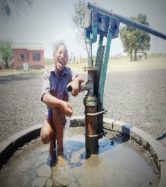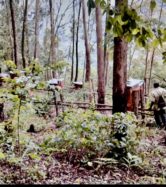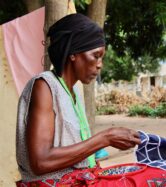Zimbabwe
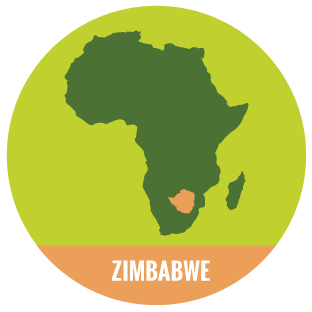
POPULATION
PEOPLE LIVING BELOW THE POVERTY LINE
GDP PER CAPITA (PPP)
Life expectancy at birth: 57.5 years (2014)
Zimbabwe is a landlocked country in Southern Africa bordered by Botswana, Mozambique, Zambia and South Africa. The capital is Harare. Formerly known as Rhodesia and ruled by the British, Zimbabwe achieved independence from minority white rule on 18 April 1980 when Robert Mugabe become Prime Minister. Mugabe and the ZANU PG party have ruled ever since. Mugabe became President in 1987 and in 2013 the post of Prime Minister was abolished. There are a number of tribal groups, speaking two main languages, Shona and Ndebele. Both are national languages as is English.
Zimbabwe did have a strong agriculture and extractives sector but current unease over indigenisation policies, poor economic management and declining competitiveness have reduced investment in the country and seen industry going backwards. Inflation is high, and the nation faces ongoing food and fuel shortages. Tourism is still a major industry, with visitors flocking to the Victoria Falls and to various safari parks where herds of elephants range.
Poverty is high and not declining. Poor government management has seen functioning water and sanitation infrastructure tumble into disrepair, further worsening the quality of life of the poor. Unemployment remains high and many educated Zimbabweans have left, further worsening the country’s plight.
Poverty, malnutrition and hunger remain key development challenges for Zimbabwe, as does a poor health sector, and decaying water and sanitation infrastructure. HIV/AIDS has stabilised, but at 15% of the population is still a considerable issue.
All information sourced from World Bank and UNDP data accessed December 2016.




